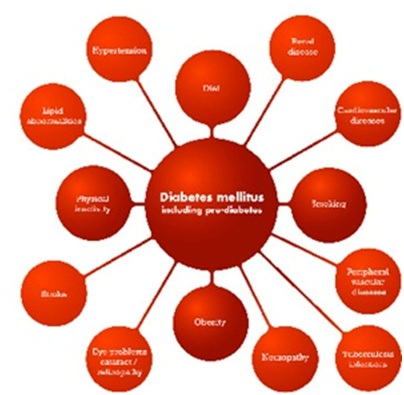Trang chủ - Research - Surveys for Urban Equity (SUE): getting, and using, the data to respond to NCDs in urban areas
Surveys for Urban Equity (SUE): getting, and using, the data to respond to NCDs in urban areas

Title of the research:
Surveys for Urban Equity (SUE): getting, and using, the data to respond to NCDs in urban areas
Objectives:
- to identify and test questions on mental health and injuries,
- to test cheap and efficient, novel methods to reduce bias in urban surveys iii) explore alternative approaches to defining households, measuring and ranking wealth iv) develop data visualisation tools to support decision-makers’ use of survey data.
Duration:
01/04/2017 to 30/03/2019
Research site:
Hanoi, Vietnam
Methodology:
We will hold two meetings and facilitate ongoing interaction with international and national bodies to share expertise and build capabilities on the novel survey methods, measures of wealth and NCDs, data visualization and use of data to address urban inequities. We will conduct a systematic search of questionnaires and draw on our own work assessing injuries and mental health to identify the best questions for LMIC urban areas. We will finalize the questionnaire in collaboration with government stakeholders after checking its comprehensibility in urban slums.
Our novel methods use satellite imagery, mobile phone and census data, to identify the entire urban population including those not capture by the census. Once sampled, we will use a web-based app to accurately map communities. Smaller feasibility studies of the methods and developed questionnaire will be conducted in Hanoi and Dhaka.
We will use qualitative methods in urban slums to explore household types and identify wealth indicators. Using our pilot data, we will explore associations between household consumption, assets and income to develop an appropriate measure of urban wealth. We will assess the extent data is used in urban planning and management through qualitative interviews with decision-makers. Through the establishment of communities of practice within municipalities, we will co-produce appropriate data visualization tools to support planning and management.
Implementing agency:
Hanoi University of Public Health
Collaborating agency:
HERD International (Nepal) & CIPRB (Bangladesh)
Sponsorship agency:
University of Leeds, West Yorkshire, United Kingdom
Source: Center for Population Health Sciences (CPHS) - Hanoi University of Public Health
TIN CÙNG CHUYÊN MỤC
- Data collection of research “Willingness to pay for a Quality Adjusted Life Year of stage IIIb/IV non-small cell lung cancer patient”
- Quasi-experimental study on hypertensive patients participating in Ho Chi Minh City Communities for Healthy Hearts (CH2) project
- Mapping community health care uses geographic information system (GIS) in Quoc Oai district, Hanoi, 2016
- Evidence-Based Approach To The Evaluation And Planning Of Breast Cancer Services In Vietnam
- Data Repository: develop a database on tobacco control research and evaluation in Vietnam
- Health Impact Assessment – strengthening the evidence base, options and support for increasing tobacco taxes in Vietnam

